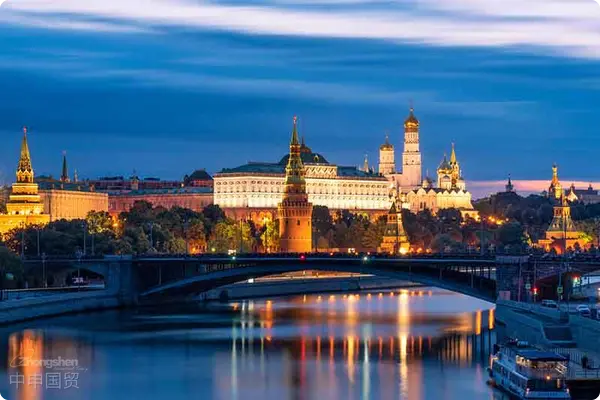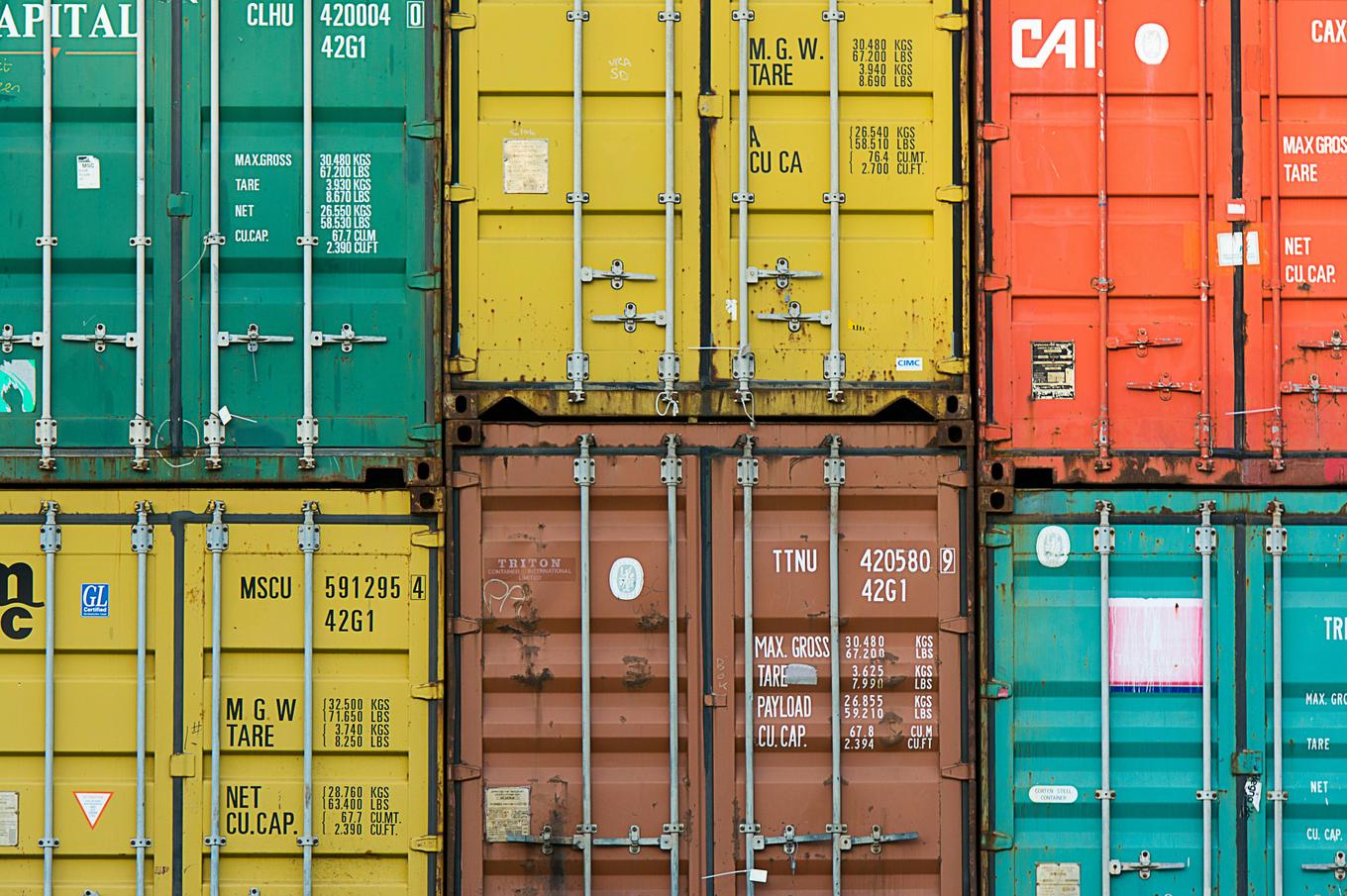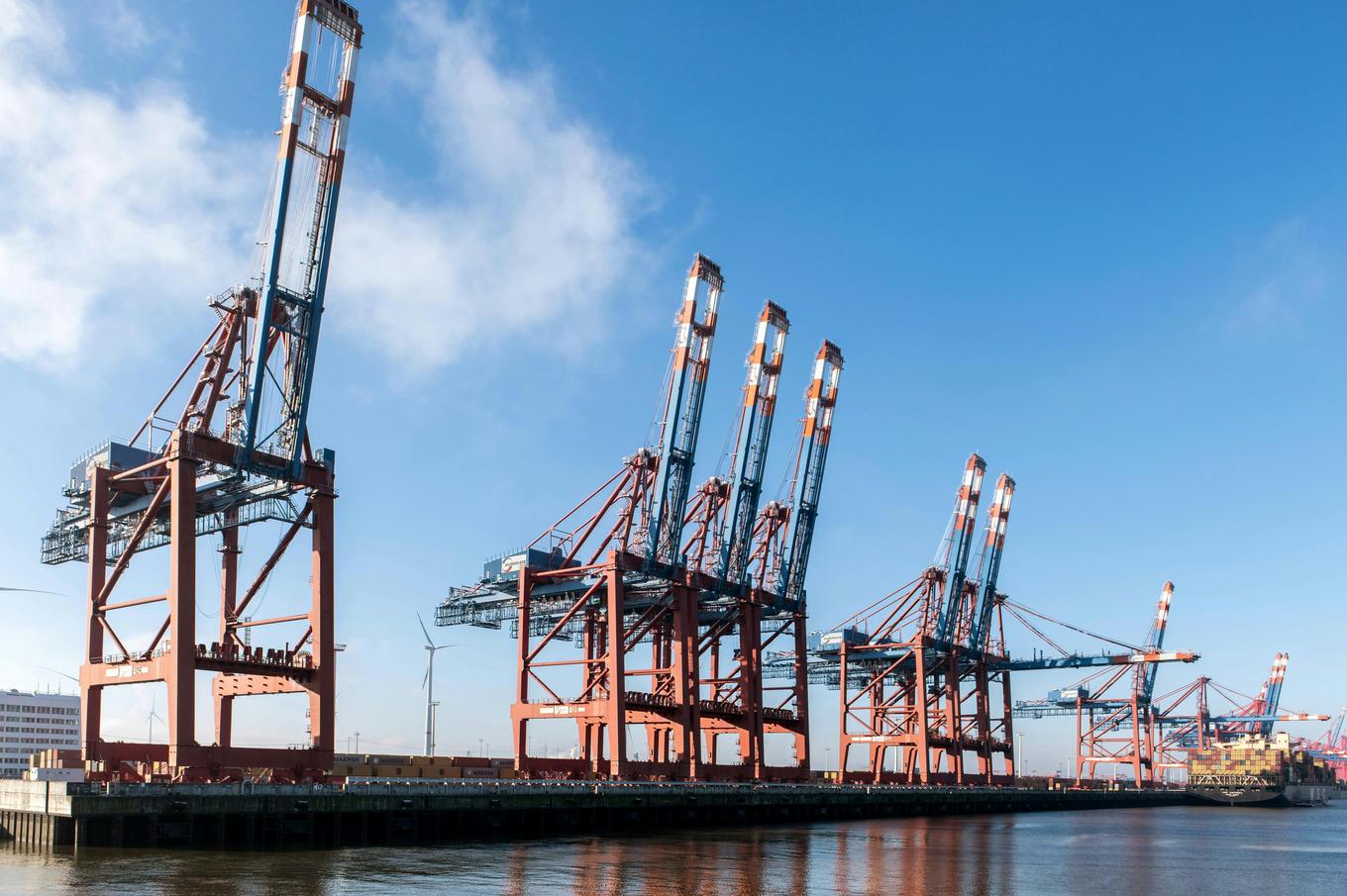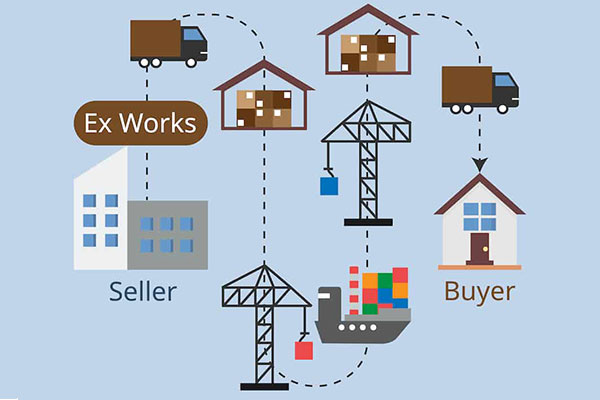- Shanghai Zhongshen International Trading Co., Ltd. – Your reliable partner with 20 years of import/export agency service expertise.
?Export to Russia?is subject to various restrictions based on international policies and local laws. Key areas include:International Sanctions,?Russian Local Regulations,?Product-Specific Restrictions?and?Payment & Settlement Risks.Below is a detailed analysis:

I. International Export Restrictions
1. Sanctions Imposed by Western Countries
Since 2022, many Western countries (such as the US, EU, UK, and Japan) have imposed a series of sanctions on Russia, severely restricting the export of the following items:
- Dual-Use Goods: such as high-precision machine tools, radar systems, sensors, and specific software;
- High-Tech Products: such as semiconductors, microchips, and telecommunications equipment;
- Oil Extraction Technology & Equipment.
- Aerospace Components & Systems.
- Luxury Goods: such as high-end vehicles, luxury apparel, and watches (above a certain value);
- Specific Financial & Payment Services: such as the removal of some Russian banks from the SWIFT system.
PS: If you are settling payments in USD or EUR, transactions through sanctioned banks may not be possible.
II. Indirect Impacts and Restrictions on China's Exports to Russia
1. Re-export Risks for Neutral Products
Although China has not directly sanctioned Russia, extreme caution is required for the following export activities:
- Re-exporting Western-origin products or items containing restricted technology to Russia (e.g., goods under the US EAR regulations);
- Products containing over 25% US technology or software may be subject to "long-arm jurisdiction";
- Using US-based software (like Adobe, AutoCAD) in Russian projects may pose a compliance risk.
2. Chinese Customs' Control over Sensitive Items
- Exporting sensitive items (such as drones, certain chemical products, CNC equipment) requires an "Export License for Dual-Use Items and Technologies";
- High-performance GPUs, embedded systems, etc., may also be restricted if they have dual-use applications.
III. Russia's Own Import Restrictions and Certification Requirements
1. EAC Certification (Eurasian Conformity)
Nearly all industrial products require mandatory EAC certification before entering the Russian or Eurasian Economic Union (EAEU) market, including:
- home appliances, machinery, electrical products, pressure vessels, etc.;
- Russian-language labels, technical manuals, and safety instructions must be provided.
2. Food products and?Cosmetics?must comply with Russian Federal standards
- Food products require Russian veterinary/phytosanitary certificates;
- Cosmetics require a State Registration Certificate (GR);
- Labels must be in Russian, with clear ingredient lists and production dates.
IV. Financial and Logistics Risks
1. Payment Obstacles
- Several Russian banks have been removed from the SWIFT system;
- USD and EUR payment channels are restricted, with a current shift towards?RMB or RUB settlements.
- Using Chinese banks (like Bank of China, ICBC) for Russia trade may also face increased scrutiny.
2. Insurance and Shipping Risks
- Many international insurance companies no longer cover cargo to or from Russia;
- Major shipping lines (like Maersk, MSC) have suspended services to Russia, necessitating a switch to rail or cross-border truck transport;
- The?China-Europe Railway Express?remains a high-frequency option for China-Russia routes.
V. Product Categories Requiring Special Attention
| Product Type | Restriction Details |
|---|---|
| Chips & Electronic Components | Prohibited if containing US/Western technology. |
| Automation Equipment | May require review or be prohibited if containing key US/German technology. |
| Medical Devices | Some devices require state registration and are subject to approval controls. |
| Agrochemicals | May be classified under hazardous chemical export controls. |
| Drones & Optical Equipment | Classified as sensitive dual-use items; require declaration and may be rejected. |
Summary & Recommendations
- Pre-assess if the product is controlled: Cross-reference the HS code and technical specs with US and Chinese regulations;
- Switch to local currency settlement or third-country payment channels.
- Avoid "re-export substitution" models that could trigger secondary sanctions.
- Ensure all compliance documents (contract, invoice, packing list, certifications) are complete.
- Closely monitor dynamic policy changes..
Resources
Contact Us
Email: service@sh-zhongshen.com
Related recommendations
Contact via WeChat

? 2025. All Rights Reserved.









